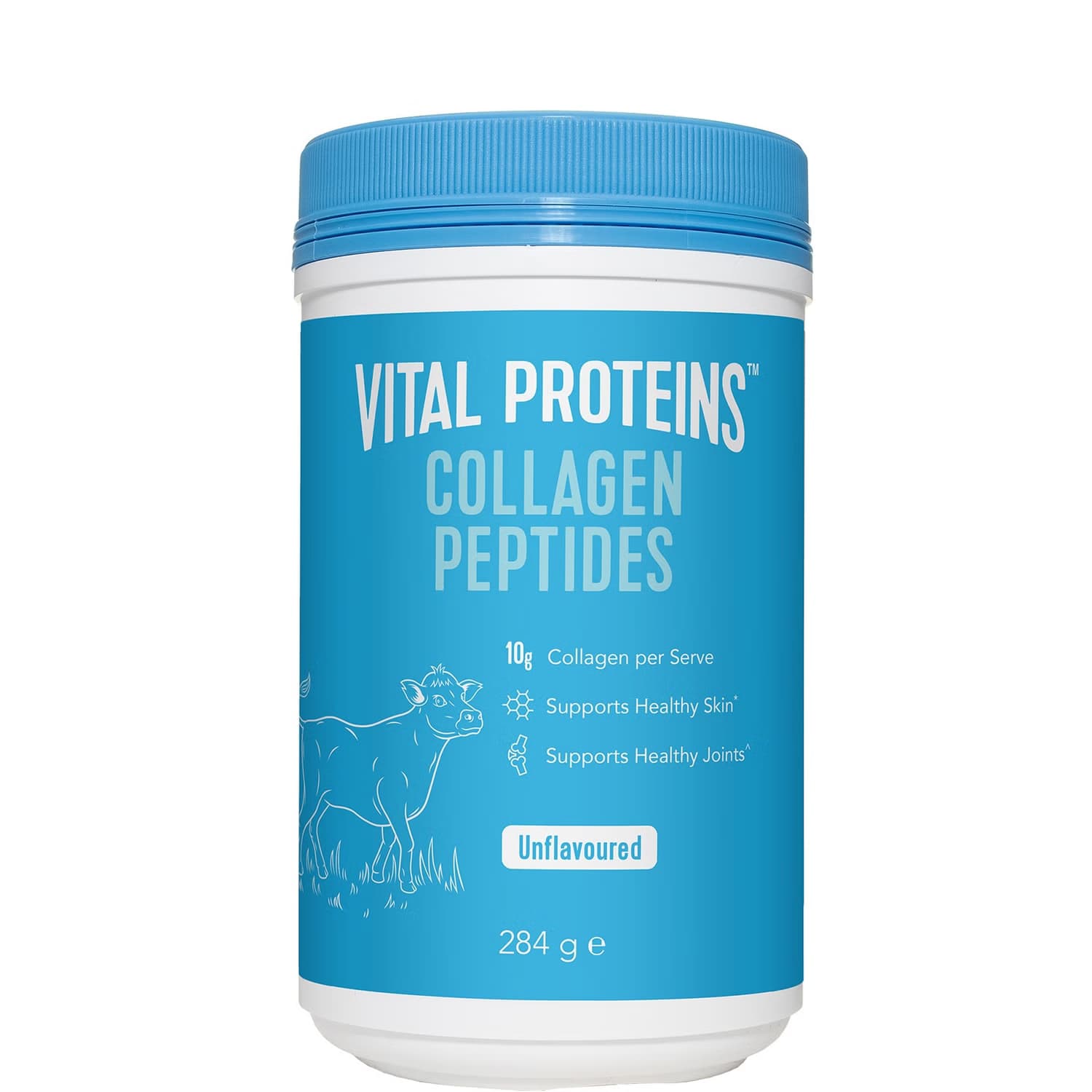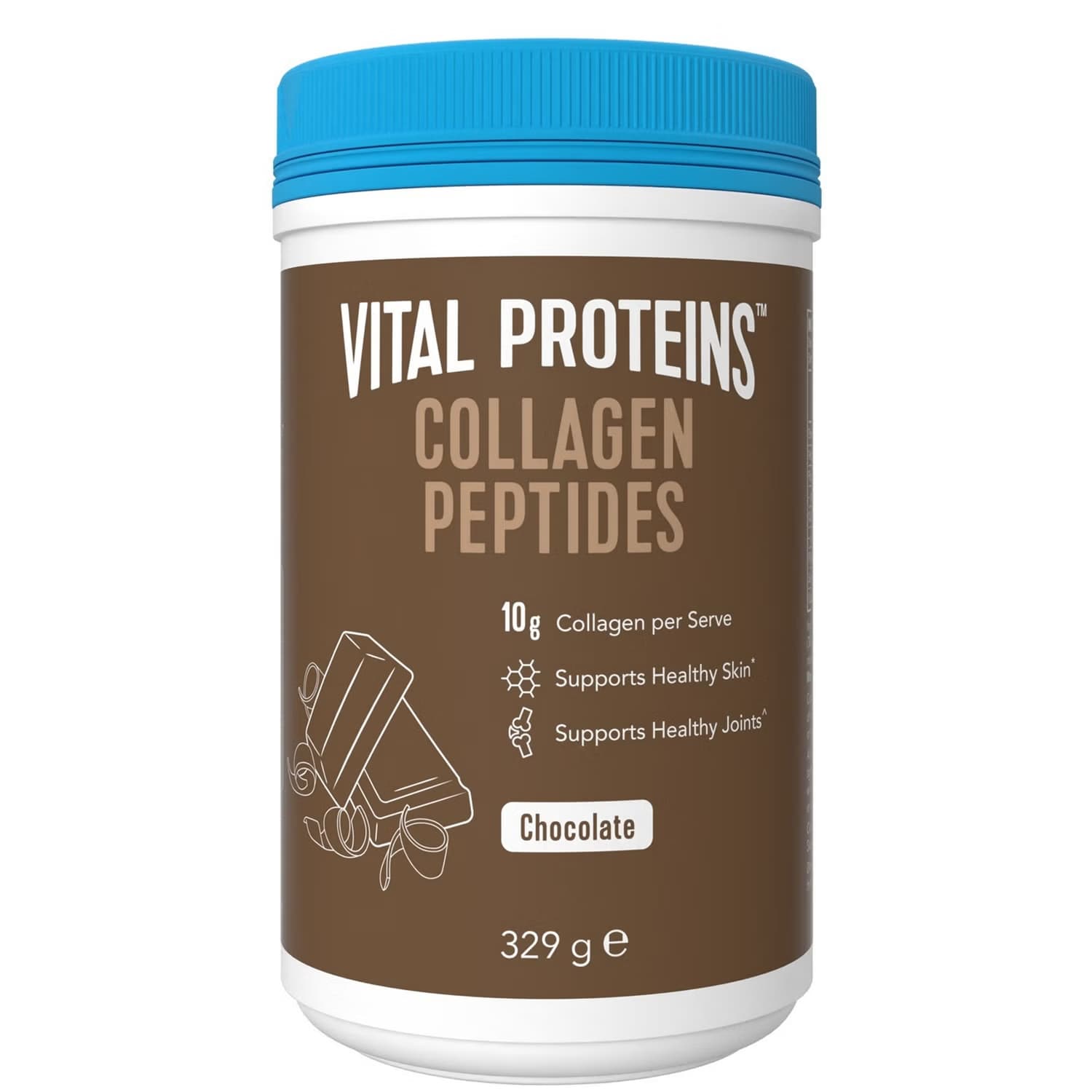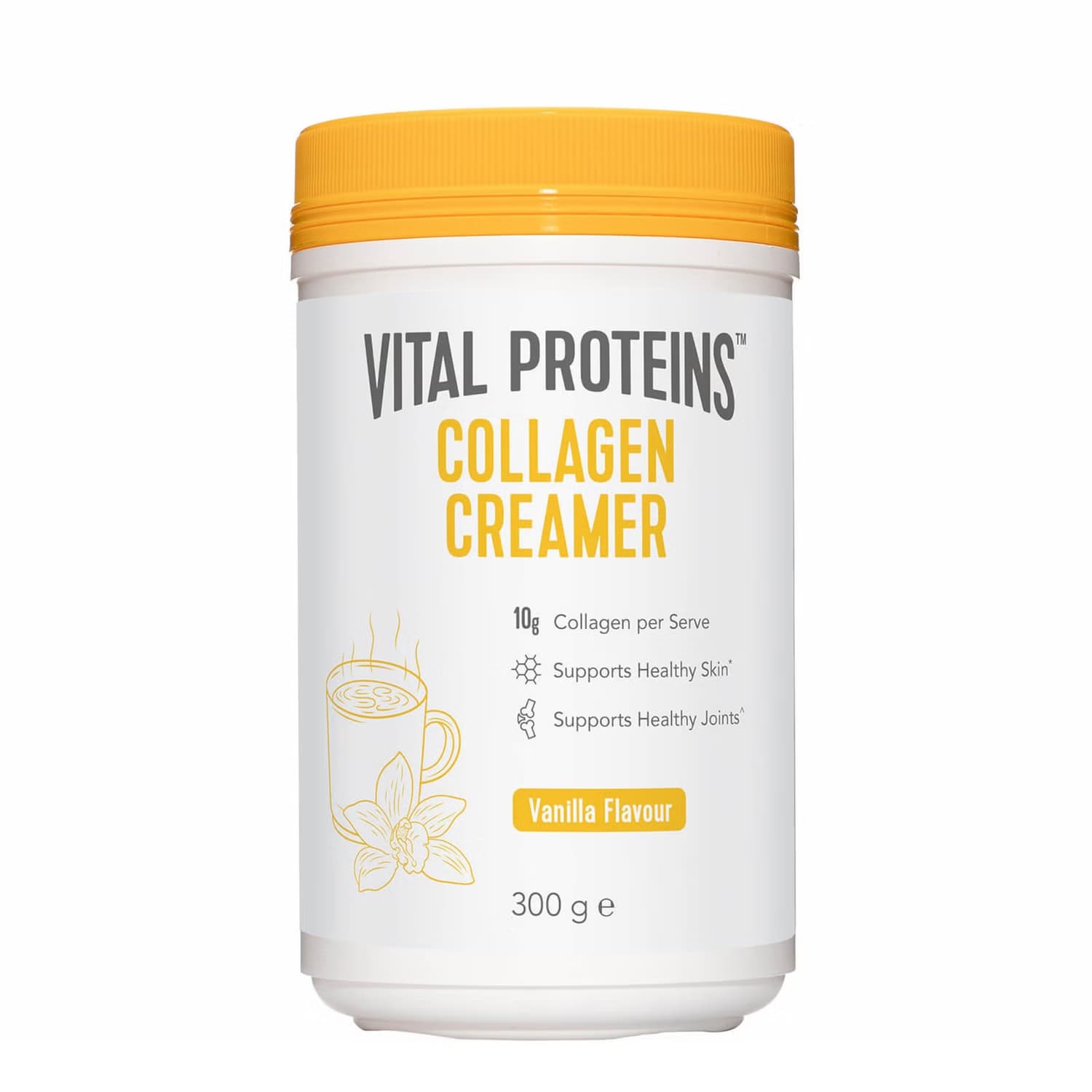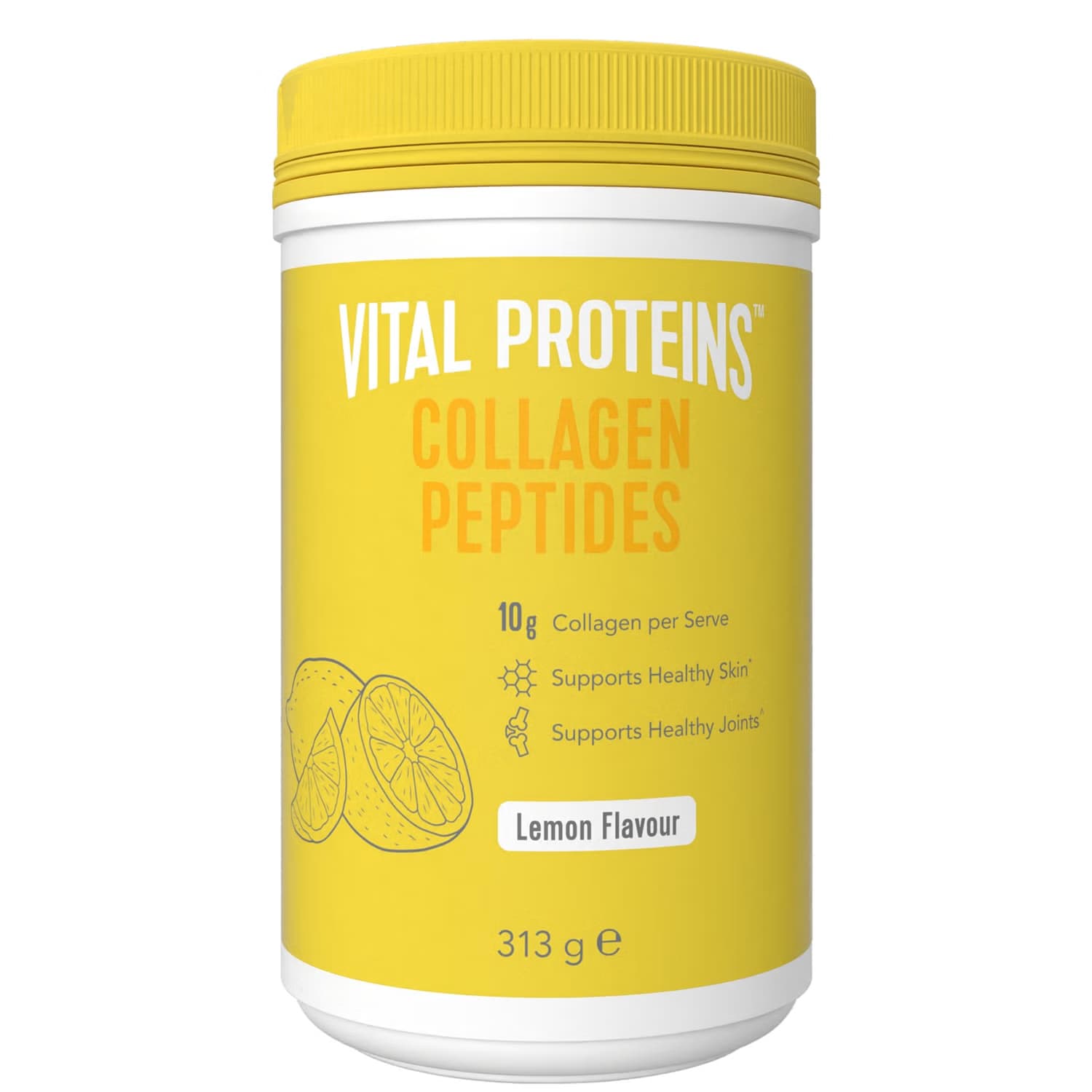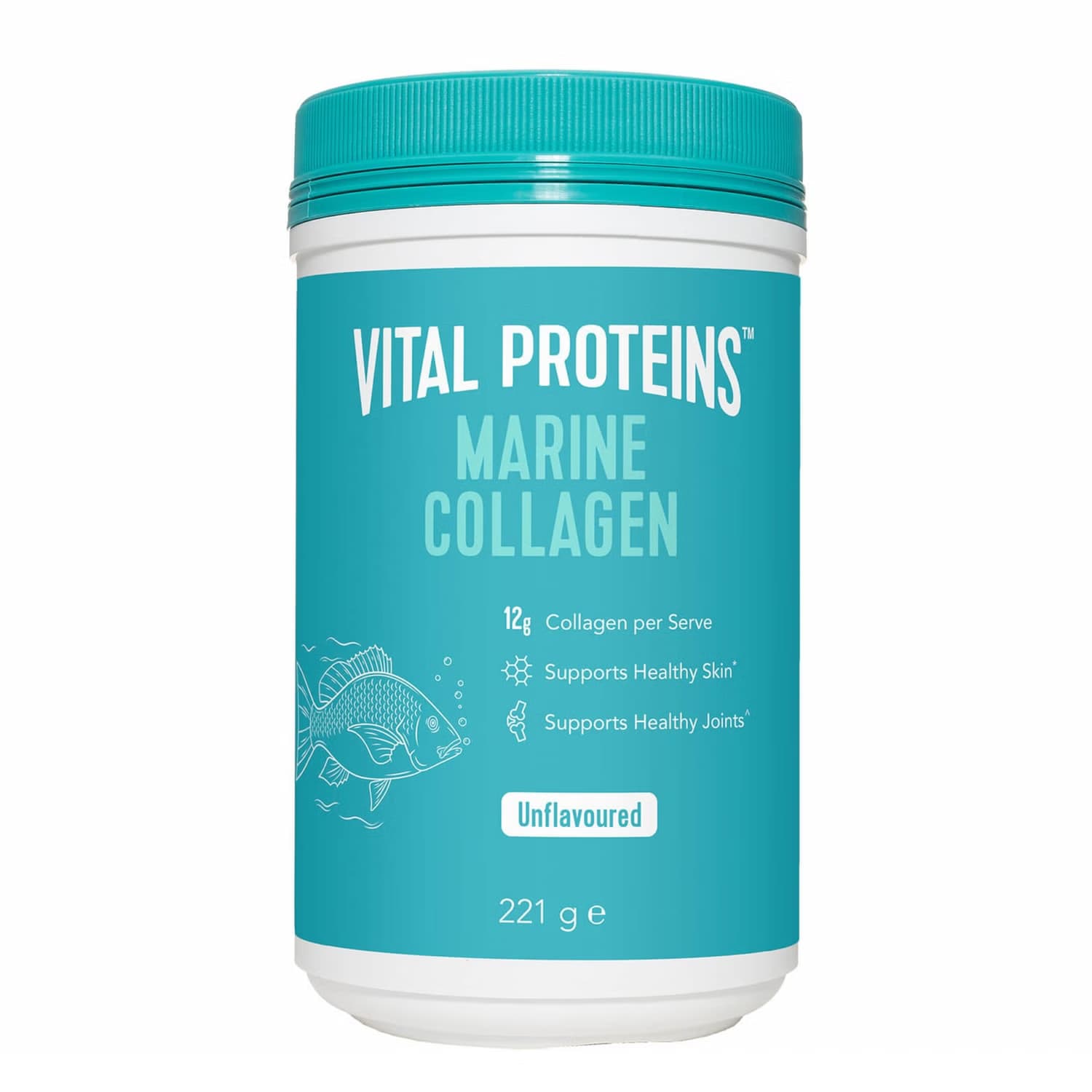
Which Foods Contain Collagen?
Introducing collagen-rich foods to your routine may help to support your overall collagen levels. But what foods contain collagen? We’ve compiled a list of a range of different foods you can try and incorporate into your diet. Carry on reading to discover four foods that contain collagen below.
Why Do We Need Collagen?
Collagen is crucial for many areas of the body, including:
- Joints
- Bones
- Skin
Through age, our collagen supply may slowly start to decline and become harder to produce. Consuming collagen may help boost your collagen intake, but certain foods can also support your body’s natural production of collagen.
What Food Contains Collagen?
Several high-protein foods are believed to nurture collagen production because they contain the amino acids that make collagen—glycine, proline, and hydroxyproline. These include fish, poultry, meat, eggs, dairy, legumes, and soy.
Collagen production also requires nutrients like zinc that is found in shellfish, legumes, meats, nuts, seeds, and whole grains; and vitamin C from citrus fruits, berries, leafy greens, bell peppers, and tomatoes. With that in mind, here are four foods you should try that may help provide the necessary amino acids that are needed to support your body’s natural collagen production:
1. Fish
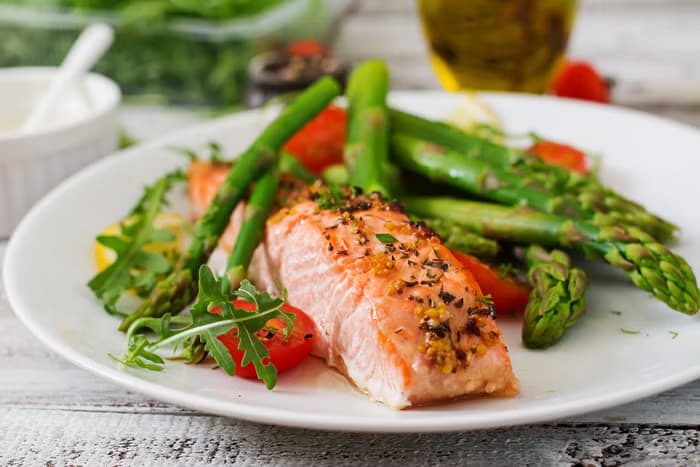
Fish such as salmon, cod, mackerel and tuna are all great sources of key amino acids to support collagen synthesis. With a variety of different dishes to try out for lunch and dinner, fish is rich in amino acids, the key component in collagen production.
2. Dark Leafy Greens
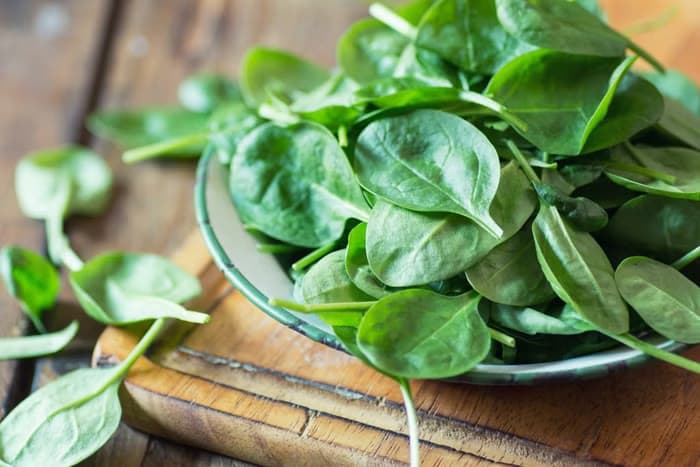
Spinach, Kale, Bok Choy and Rocket don’t just make the perfect side dish, they’re all rich inanti-oxidants and Vitamin C, which may help contribute to thenaturalcollagen production that occurs in the body. So instead of opting out on any greenery to complement your dinners, it’s time to pile them on your plate. You could even incorporate them into your meal with a stir fry or a fresh salad.
3. Citrus Fruits and Berries
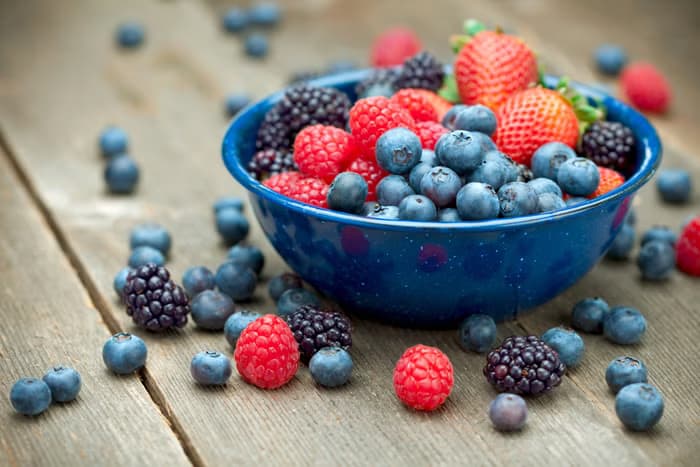
Fruit is full of many beneficial nutrients, but citrus fruits and berries such as orange, grapefruit, strawberries, blueberries and lemons may help support your natural collagen production.
The high amounts of Vitamin C found amongst these citrus fruits and berries can help boost your body’s natural collagen level by helping to stimulate the body’s natural production. So, when you’re in need for a midday snack, opt for some of the above fruit.
4. Beans and Legumes
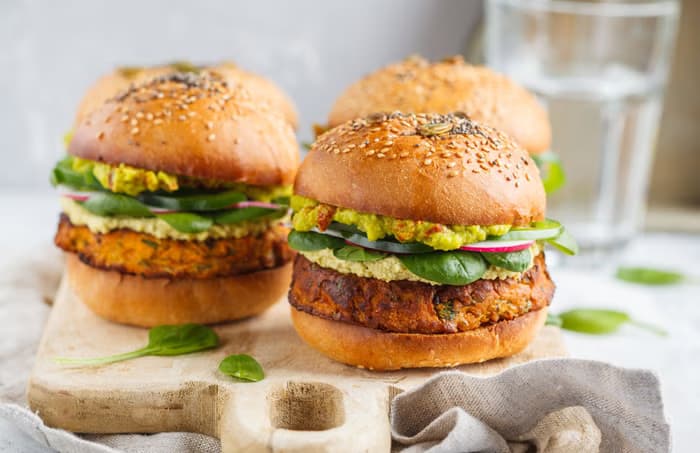
Another example of foods high in amino acids that can help boost collagen synthesis are beans and legumes. Although they may seem small beans and legumes containhigh amounts of proteins which are necessary for muscle growth, repair and maintenance of collagen. Therefore, try incorporating some of these in your diet:
- Chickpeas
- Kidney beans
- Soybeans
- Black beans
- Lentils
- Edamame
If you’re struggling for ideas how to incorporate these into your meal you can add them to a chilli, a salad or you can even try making a bean burger.
